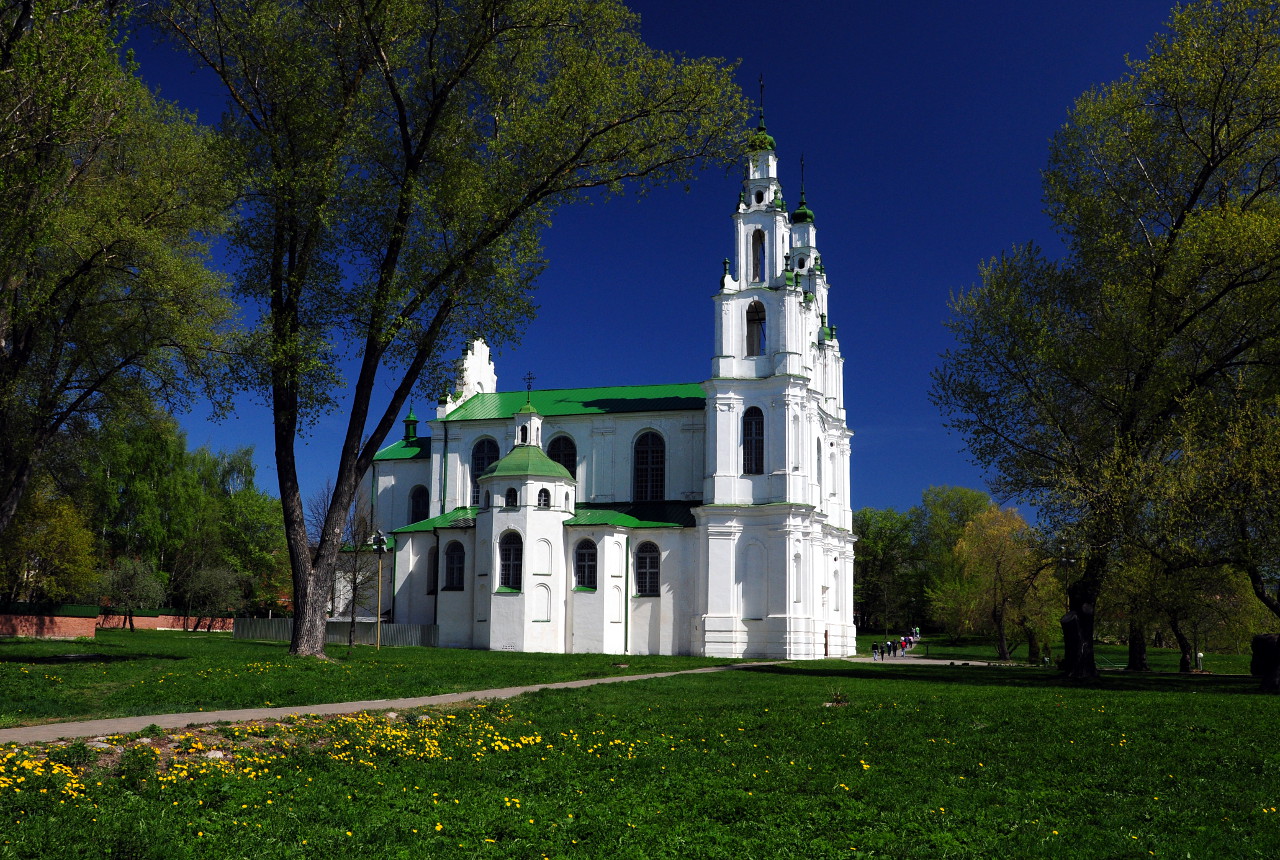Ideological shift in Belarus due to national security concerns
 The situation has not changed
The situation has not changed

Lukashenka regards ideological sustainability of society and state institutions as the key factor in ensuring national security. As Russia has ‘privatised’ the Soviet history, Belarus is prompted to anchor in her own cultural and historical heritage, regardless of its essentially anti-Soviet nature.
Some time ago, President Lukashenka talked about the importance of the national history as an ideological basis for Belarus’ independence. He emphasized Belarus’ difference from the neighbouring Ukraine and Russia. Moreover, some government officials, including the KGB leadership, supported the need to recognize the crimes of the Soviet regime in Belarus.
In the past 22 years, the Belarusian regime relied on the Soviet ideological formula. Currently, however, Russia has monopolized the Soviet ideological legacy, which has largely merged with the Russian imperial myths, claiming that Belarus is an integral part of the “Russian World”. In the given circumstances, Belarus’ further reliance on Soviet ideology becomes dangerous, as it supports the chauvinistic idea of Belarus being the ‘Historical Russia’ and would justify her annexation to modern Russia.
Power officials are the most ideologically indoctrinated part of society, especially the officer corps. That said, further promotion of the ideology, which denies historical subjectivity and statehood of Belarus among the security forces, poses a direct threat to the national security. The Belarusian authorities have no other option, but to phase out the Soviet ideological heritage from the national historical and cultural tradition, the written part of which dates back more than a 1000 years.
While attempting to root in the public consciousness the historical difference between Belarus and Russia, the Belarusian authorities are likely to base on the facts from the Belarusian history, which are at odds with the Russian historical myths. In particular, these include independent formation of the Belarusian state without reference to the Kievan Rus, which is regarded as Russia’s ancestor in the Kremlin; and the Communist repressions in Belarus in opposition to the neo-Soviet apologetics, which has gripped Russian society. In addition, Belarus may gradually expand education opportunities in the Belarusian language. However, due to the slowness of the Belarusian state machine, one should not expect rapid and radical changes in the humanitarian and ideological sphere.
Subscribe to our newsletter




Situation in Belarus
Constitutional referendum: main consequences


 Video
Video
How to count the political prisoners: are the new criteria needed?


 Video
Video
Paternalism In Decline, Belarusian Euroscepticism, And The Influence Of Russia


 Video
Video











